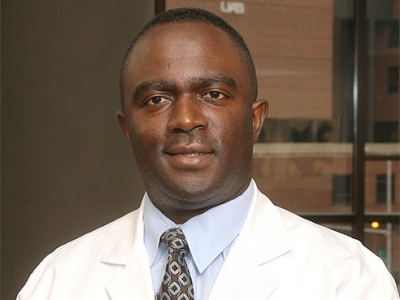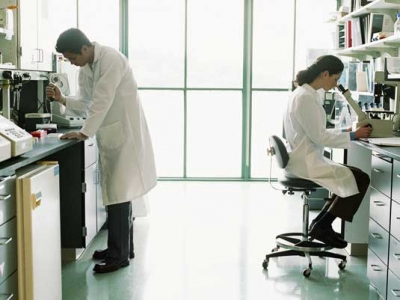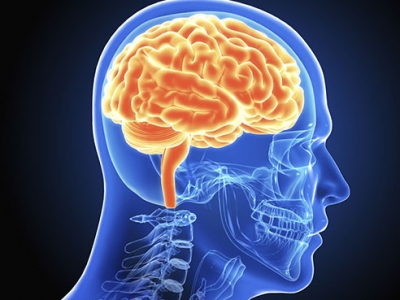Research - News
The University of Alabama at Birmingham’s Campaign for UAB: Give Something, Change Everything caps off 2014 with record-breaking December.
During the past few years, technological innovations have opened up an entirely new way to approach scientific questions. Data-driven research starts with massive information sets — the genomic profiles of thousands of patients, for example, or millions of spam emails — and then searches for emerging patterns in that data. In the latest issue of the U.S. Chamber of Commerce’s "Business Horizon Quarterly", UAB President Ray Watts, M.D., explains the way data-driven research at UAB is being applied to find novel treatments for disease, create new products and businesses and train the next generation of innovation-savvy students.

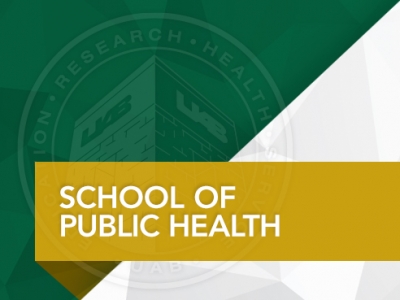
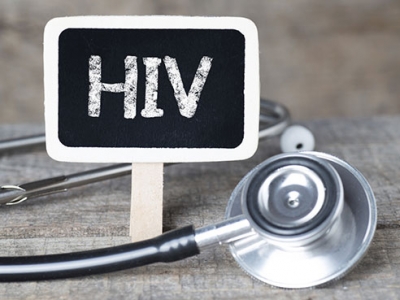


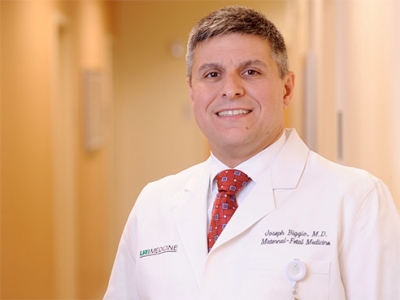

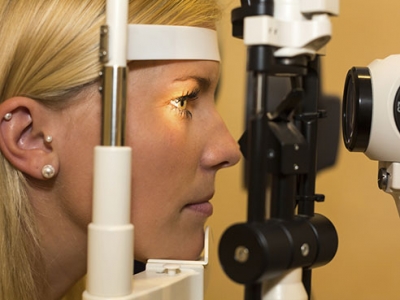

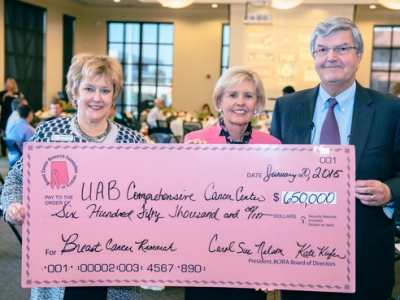

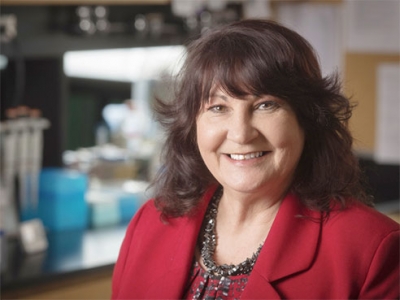
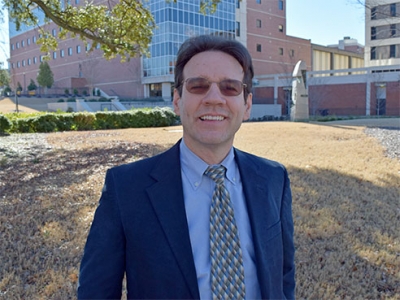
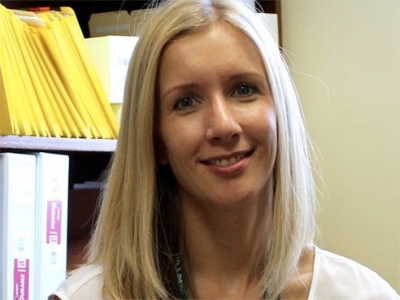
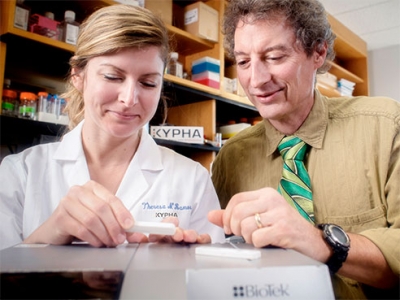

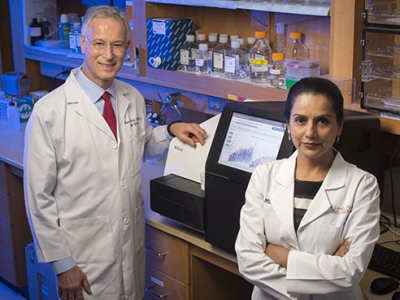



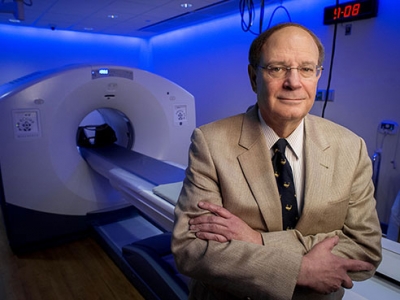

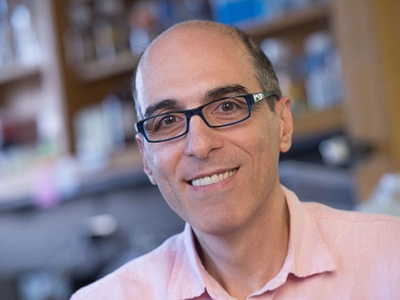
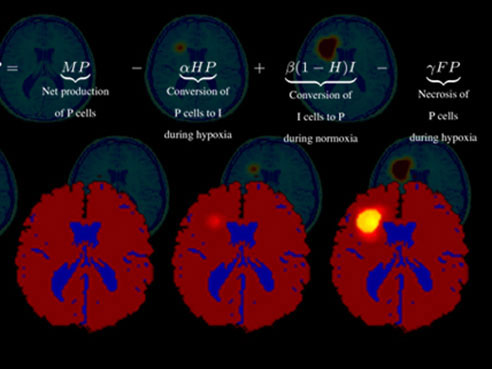 Neurologist Hassan Fathallah-Shaykh, M.D., Ph.D., is deploying a new weapon in the war on cancer: mathematical theory. His sophisticated models of tumor growth are predicting new insights on cancer behavior — and could eventually guide treatment decisions.
Neurologist Hassan Fathallah-Shaykh, M.D., Ph.D., is deploying a new weapon in the war on cancer: mathematical theory. His sophisticated models of tumor growth are predicting new insights on cancer behavior — and could eventually guide treatment decisions. 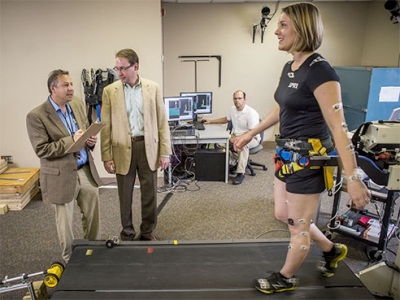
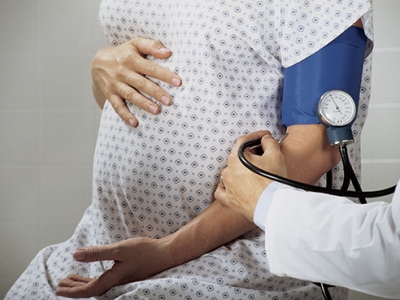
 Sixteen clinical centers and 30 hospitals will enroll up to 5,700 pregnant women to evaluate the benefits and harms of pharmacologic treatment of mild chronic hypertension in pregnancy.
Sixteen clinical centers and 30 hospitals will enroll up to 5,700 pregnant women to evaluate the benefits and harms of pharmacologic treatment of mild chronic hypertension in pregnancy. 